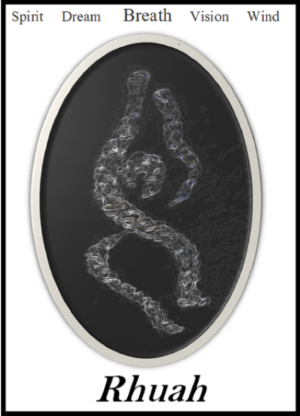I am a DBT therapist with specialized training and experience. I received my training through Behavioral Tech which was created by Marsha Linehan, the founder of DBT. My clinical experience in DBT is composed of group facilitation and individual therapy sessions. These groups include: DBT for Dual Diagnosis (mental health and intellectual disabilities), DBT for substance use and standard DBT. I am a member of the Ottawa DBT Consult Team.

DBT Explained
DBT is a cognitive-behavioral treatment therapy developed by Marsha Linehan, Ph.D., in the 1980’s.
“The “D” means “dialectical.” A dialectic is a synthesis or integration of opposites. In DBT, dialectical strategies help both the therapist and the client get unstuck from extreme positions. … The “B” stands for “behavioral.” DBT requires a behavioral approach. This means that we assess the situations and target behaviors that are relevant to our clients’ goals in order to figure out how to solve the problems in their lives. …” (https://behavioraltech.org/resources/faqs/dialectical-behavior-therapy-dbt/)
“Dialectical behavior therapy (DBT) provides clients with new skills to manage painful emotions and decrease conflict in relationships. DBT specifically focuses on providing therapeutic skills in four key areas. First, mindfulness focuses on improving an individual’s ability to accept and be present in the current moment. Second, distress tolerance is geared toward increasing a person’s tolerance of negative emotion, rather than trying to escape from it. Third, emotion regulation covers strategies to manage and change intense emotions that are causing problems in a person’s life. Fourth, interpersonal effectiveness consists of techniques that allow a person to communicate with others in a way that is assertive, maintains self-respect, and strengthens relationships.” (https://www.psychologytoday.com/ca/therapy-types/dialectical-behavior-therapy)
To understand more about DBT you could watch the video online called “What the Heck is DBT?”

